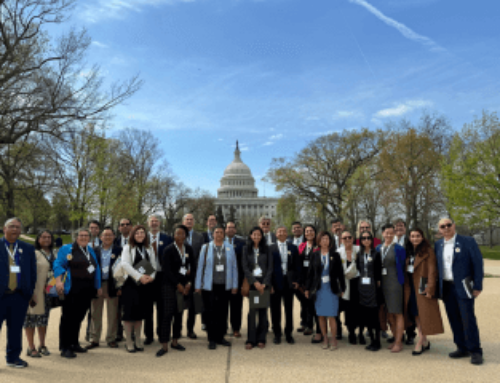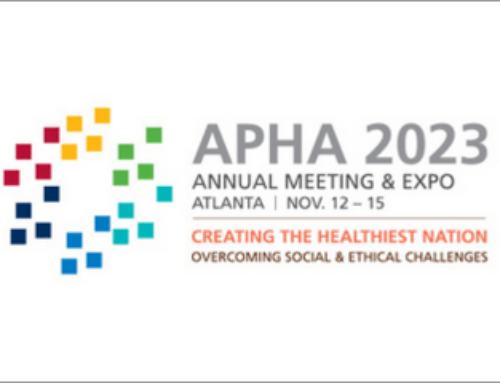With the recent Supreme Court decision to uphold the Affordable Care Act, there is much speculation on how this legislation will change clinical practice. While the unknowns are greater than what we currently understand about the ACA, the AASM has been analyzing what is in store for sleep medicine. Over the last several weeks, the AASM has provided a synopsis of certain provisions in the bill. This last synopsis will focus on long-term care.
CLASS Act
Established a national, voluntary insurance program for purchasing community living assistance services and supports (CLASS program). Following a five-year vesting period, the program will provide individuals with functional limitations a cash benefit of $50 per day to purchase non-medical services and supports necessary to maintain community residence. All working adults will be automatically enrolled in the program, unless they choose to opt-out.
Medicaid
- Extend the Medicaid Money Follows the Person Rebalancing Demonstration program through September 2016 and allocate $10 million per year for five years to continue the Aging and Disability Resource Center initiatives.
- Provide states with new options for offering home and community-based services through a Medicaid state plan rather than through a waiver for individuals with incomes up to 300 percent of the maximum Supplemental Security Income (SSI) payment and who have a higher level of need and permit states to extend full Medicaid benefits to individual receiving home and community-based services under a state plan.
- Establish the Community First Choice Option in Medicaid to provide community-based attendant supports and services to individuals with disabilities who require an institutional level of care. Provide states with an enhanced federal matching rate of an additional six percentage points for reimbursable expenses in the program.
- Create the State Balancing Incentive Program to provide enhanced federal matching payments to eligible states to increase the proportion of non-institutionally-based long-term care services. Selected states will be eligible for Federal Medical Assistance Percentages (FMAP) increases for medical assistance expenditures for non-institutionally-based long-term services and supports.
Skilled Nursing Facility Requirements
Require skilled nursing facilities under Medicare and nursing facilities under Medicaid to disclose information regarding ownership, accountability requirements, and expenditures. Publish standardized information on nursing facilities to a website so Medicare enrollees can compare the facilities. (Effective dates vary)








